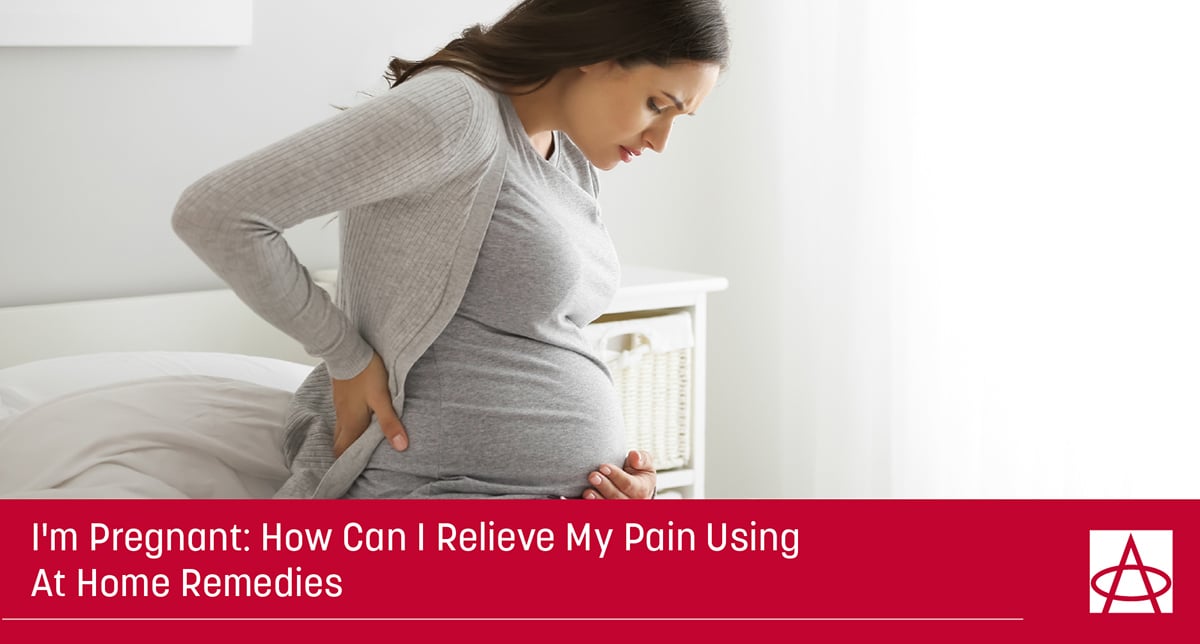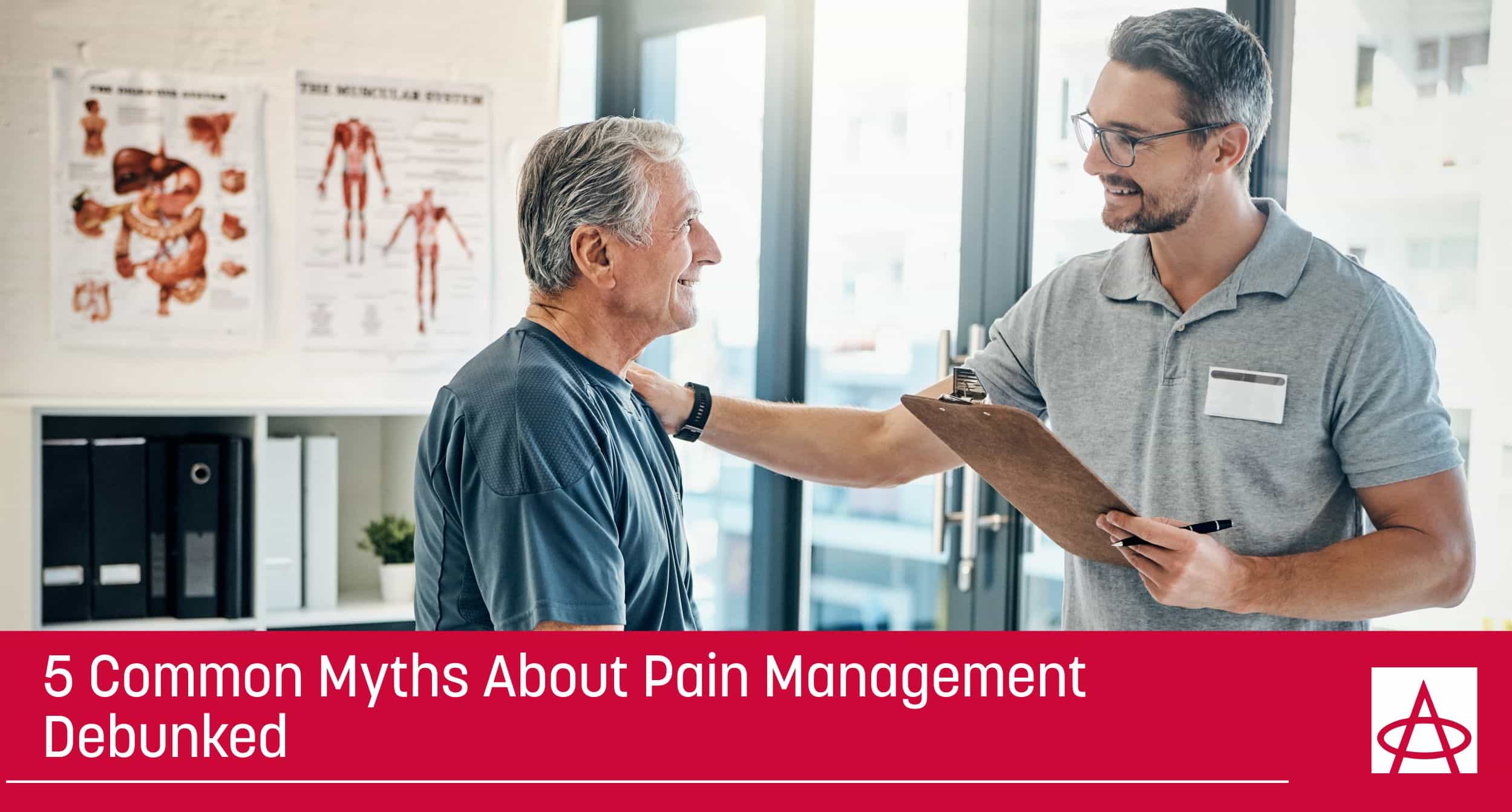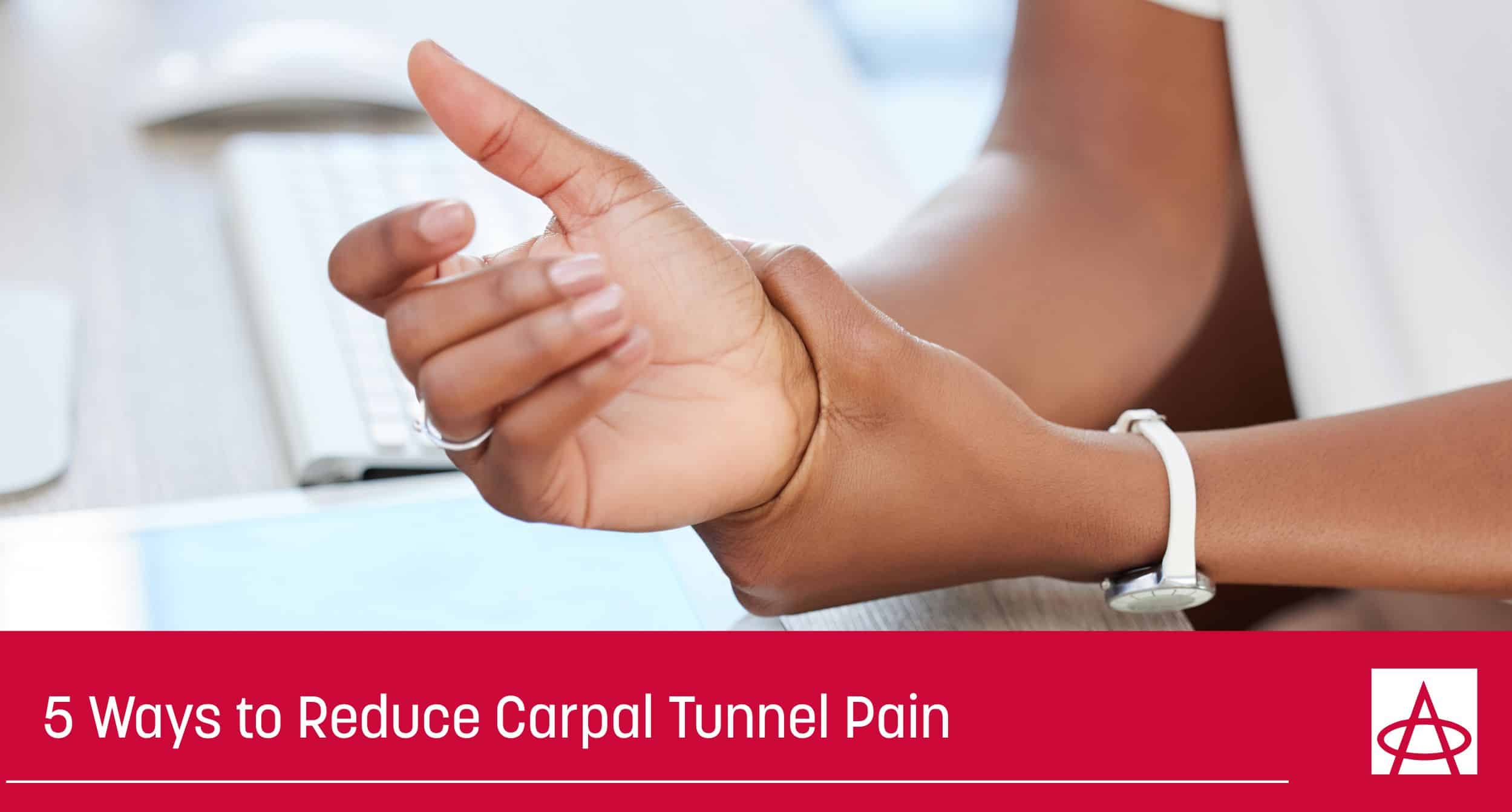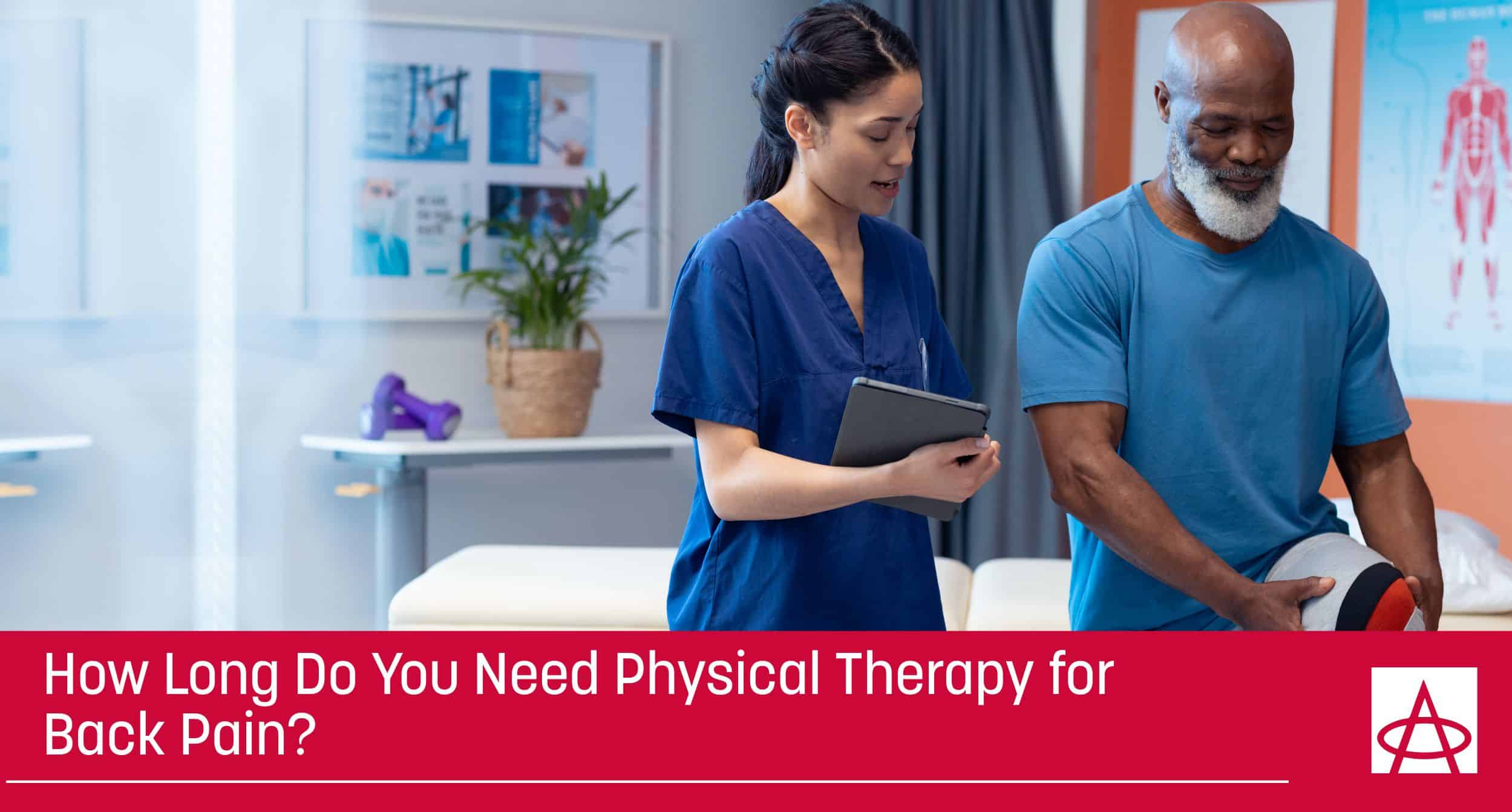
I’m Pregnant: How Can I Relieve My Pain Using At Home Remedies
By Advanced Pain Care
At every stage of your pregnancy, it is normal to feel some pain or discomfort with hormonal changes and the growth of the baby in your uterus. “Normal” pains usually materialize as back, pelvic, and even ligament pain.
Though these might be considered “normal,” it doesn’t mean that any pain should be overlooked. You should always talk to your OBGYN when you are feeling any type of pain, even if you think that pain is “typical.” Some pains are considered dangerous, even if they appear in “typical” ways or in those three areas.
A lot of home remedies can be really effective in relieving “typical” pains throughout all of your pregnancy. However, there are a few home remedies that are more effective in a particular trimester due to the growth of the baby and what type of pain that is most common during those time periods.
General practices for pain relief in pregnancy
All throughout your pregnancy, it is generally a good idea to develop a “good posture.” This means keeping your chin tucked in and having a flat back where your ears align with your shoulders. Roll your shoulder blades back and try to keep your knees straight without locking them.
Regular yoga and stretching may be a great way to develop a good posture and relieve stress and pain in your back, pelvis, and ligaments. Exercising is also a great way to develop a good posture and is an effective pain reliever, as it is a way to strengthen your muscles and joints while your body manages the extra weight.
As a general rule, whenever you feel pain or discomfort arising, you should stop what you are doing rather than work through the pain. Because of the stress on the body, the pain you may be experiencing could indicate something has been pulled or overstretched. Try to stop the activity and relax your joints and tendons at the moment, and if the pain is prolonged and doesn’t immediately go away, it is important to see your OBGYN.
Allow your mind and body to rest properly throughout your pregnancy and adopt a “good diet.” You want to eat a lot of fiber as pregnancy can create a higher risk of having constipation.
Increase your carbohydrate intake as it can provide you with more energy throughout your day. Add more fruits and vegetables to increase your fiber and avoid highly salty and sugary foods, which can increase the likelihood of experiencing digestive issues. Eating smaller but more frequent meals daily and increasing your water intake can also be effective.
If you are considering changing your diet, adding or removing anything, or potentially taking supplements to support your nutrition, reach out to your OBGYN first. Some supplements and foods are dangerous to the baby and can cause fetal harm.
1st Trimester Home Remedies
Early cramping is quite common in the first trimester of pregnancy, and lower back pain as the baby grows in your uterus. You can start to use ice and heat packs on your lower abdomen and lower back which should give you some pain relief.
You can also use ice and heat packs throughout the rest of your pregnancy to support the same pain, as it could be more prevalent as the baby grows and puts added stress on your lower back, hips, and ligaments.
2nd Trimester Home Remedies
As your stomach starts to grow, you can utilize a baby band or baby support belt to relieve lower back, hip, and ligament pain while standing up and moving throughout your day.
Try laying or sitting down more where you can and where it feels most comfortable. You can also buy a body pillow to allow a more comfortable position when lying down or sleeping.
Massage, acupuncture, physical therapy (PT) appointments, and a chiropractic adjustment can be used as support tools while you are pregnant. It is really imperative to go to specialists that have been certified to support pregnant patients. Whomever your work with, it is always important to check in with your OBGYN before using their services
3rd Trimester Home Remedies
In the last trimester, you want to avoid massages, acupuncture, PT, and chiropractors. Rest is incredibly important during this time, and you will already feel slow and tired, so it is a great time to give your body what it needs.
You can also utilize all other remedies from the other trimesters. If it helps, you can use topical menthol and lidocaine on painful areas in your body. It is important to stay off your feet, if you can, more so during the third trimester.
When do you need to see your OBGYN
You should visit your OBGYN with any pain that you feel to ensure that your health and the health of the baby are both maintained. However, there are some pains that you may experience that are considered “dangerous” pains, and you should immediately go see your doctor.
Any pain that takes your breath away or can stop you from what you are doing is considered severe and should not be ignored. If you have any pain related to bleeding, immediately check in with your OBGYN.
Continuously check in with your OBGYN to see which medications you can use as effective pain relievers throughout your pregnancy. Avoid taking anti-inflammatory medications because they can be dangerous for the baby. Tylenol has traditionally been used for severe pain, but have a discussion with your doctor so they can help you narrow down which medications are safe and effective for you to use.






